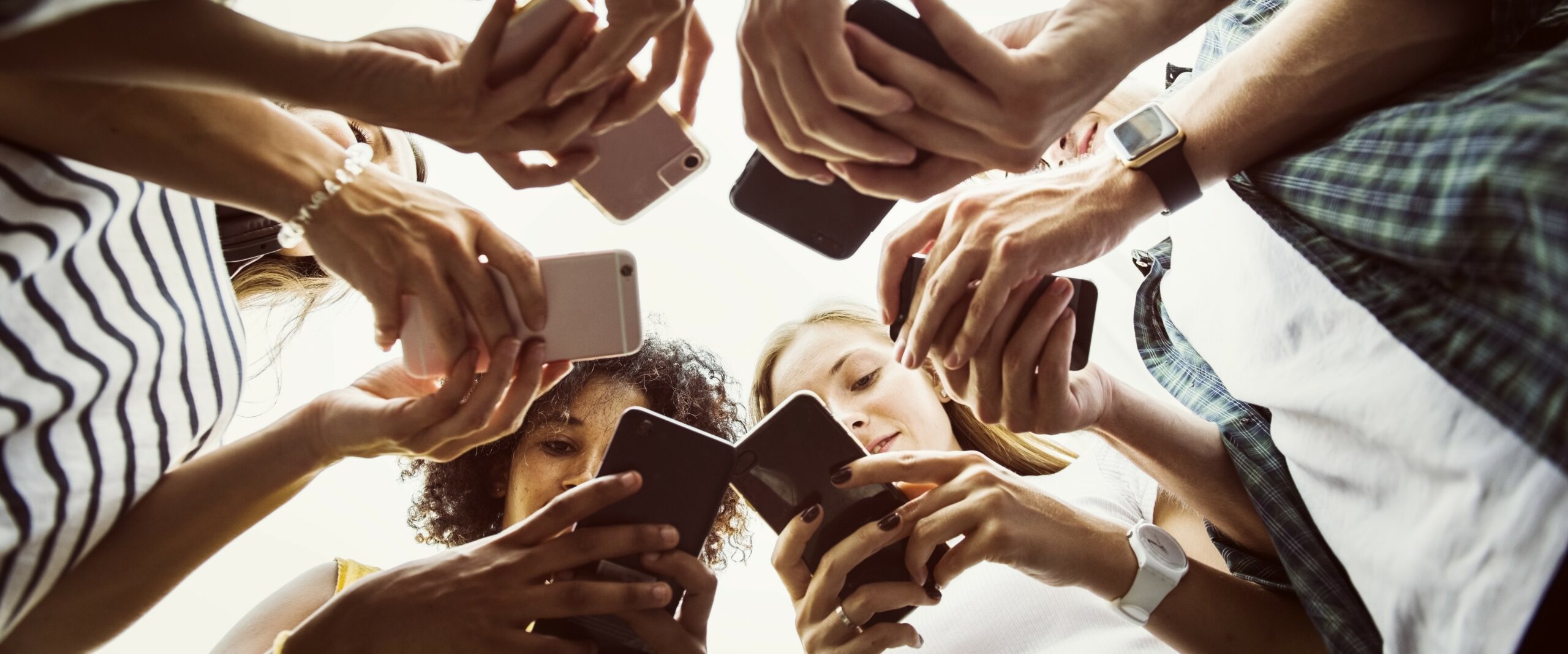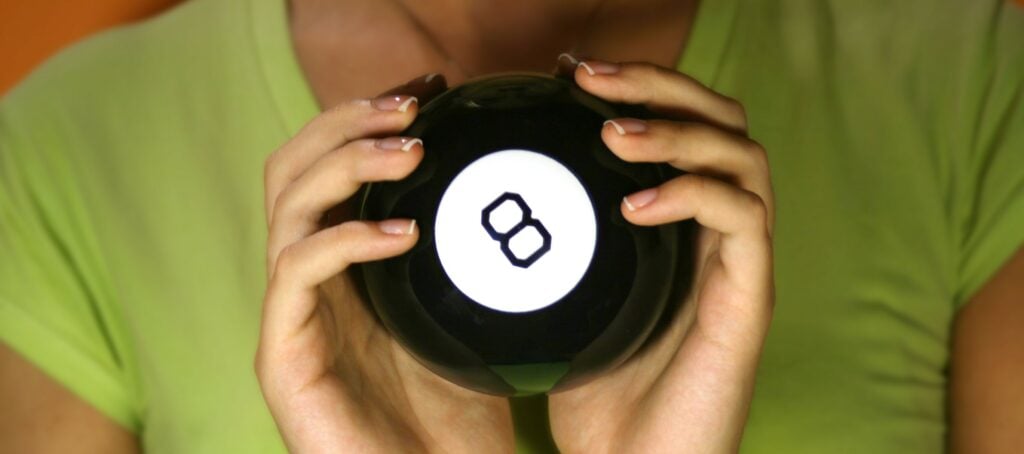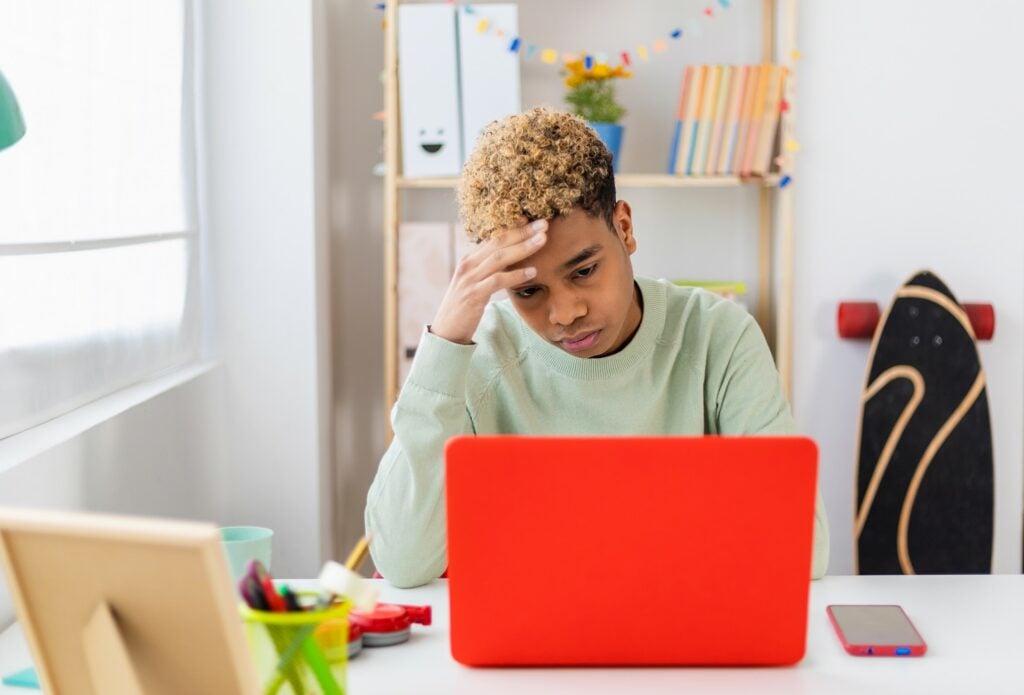Should we all quit social media?
Reviewed by Robert Bogenberger, PhD


A friend of mine first deactivated her Facebook account nearly 13 years ago, which seems like generations in internet time. “I don’t even miss it,” I remember her telling me just a few weeks after she took down her profile.


Over the years, she’s reactivated her account a handful of times—mostly out of boredom and curiosity—but she never sticks around for more than a week. The way she sees it, nothing on there is interesting or important enough to keep her hooked.
It may have seemed daring back then to quit the world’s most popular social platform, but exiting stage left has become much more common. An increasing number of people are choosing to leave their digital lives behind, whether temporarily or permanently.
In 2022, Facebook saw its total user base decline for the very first time.1 During that year and into 2023, more than half of Twitter users admitted to taking a break.2 And an analysis of the 30 most popular apps showed that Instagram is the number one app social media users want to delete, with more than 900,000 searches for “how to delete/deactivate Instagram” recorded over a six-month period leading into 2023.3
What was once considered a personal and professional lifeline is now seen as more of a lifestyle choice. People are questioning the value of social media in their lives—and how much of their time and energy is worth sacrificing in exchange for what they do get from it.
The perks of staying connected
Let’s not forget why we’re drawn to social media in the first place: Connection is at the heart of it. We use these platforms to:
- Nurture and maintain existing relationships
- Meet new people (through professional networking, dating apps, etc.)
- Stay informed about news and events
- Find emotional support during difficult times
- Expand our knowledge and build new skills
- Express ourselves emotionally and creatively
- Entertain ourselves, relieve stress, and relax
- Advocate for important causes and create change
Reward maximization is the goal
Research shows that when we use social media, we tend to follow certain patterns to get the most out of the experience, such as crafting and timing posts in a way that helps maximize likes, comments, or shares.4
Little dopamine hits reward our efforts. Getting positive engagement from a post tends to temporarily increase satisfaction, happiness, and self-esteem, which may motivate us to post more.5 Research has also shown that our social media activity seems to increase after we post, suggesting we anticipate rewards in the future.6
Likes and other forms of validation aren’t the only way we measure rewards, though. Some people use social media mainly for entertainment. For them, reward maximization might come in the form of happiness, humor, shock, intrigue, or any other feeling they enjoy.
The risks of social media rewards
It’s wonderful when social media has a net-positive impact on our lives, but that doesn’t seem to be true for most people—at least not anymore. In a 2020 survey, 64% of US adults said social media had a mostly negative impact on society.7 Only 10% thought these platforms had a positive effect, while the remaining 26% were neutral.
Among concerns about social media, misinformation tops the list. Certain kinds of harmful content can spread like wildfire, fueling online hate and harassment and entrenching users in their opinions. People are also becoming more frustrated with the echo chambers created by social algorithms, which limit exposure to diverse perspectives and contribute to greater social polarization and divisiveness.
Generation Z is perhaps the most affected by the risks of social media use. In a recent McKinsey Health Institute survey, 18% of Gen Z participants reported poor or very poor mental health from social media use, compared to 13% of Millennials, 11% of Gen Xers, and 6% of Baby Boomers.8 A separate survey showed that 56% of Gen Zers feel left out by their peers when they use social media, and a whopping 82% admitted it distracts them from schoolwork.9 In May 2023, the US Surgeon General released an advisory about the harmful effects of social media on young people, highlighting concerns expressed by six national medical organizations.10
Even though social media addiction isn’t a formal diagnosis, addictive behaviors associated with social media tend to have a lot in common with other types of addictions.11 Warning signs might include needing to spend more time scrolling to feel satisfied, feeling uneasy when not online (withdrawal), experiencing conflicts, thinking about social media constantly, having trouble quitting, and using it to change your mood.
It isn’t all doomscrolling and gloom
Social media has its share of disadvantages, but it still plays a big role in helping people stay connected—particularly during the COVID-19 pandemic, when in-person contact was severely limited.12 The McKinsey survey mentioned above also points out that over half of all 42,000 Gen Z respondents found social media to be a positive outlet for self-expression.13 This is especially true for users who may feel more isolated or marginalized in their day-to-day lives, such as LGBTQIA+ youth or people of color in largely White communities.
Are people happier with or without social media?
The answer is a definitive “it depends.” For some people, particularly those struggling with addictive behaviors or feeling the negative effects of these platforms, taking a break or quitting entirely is a healthy move. For others, finding ways to use social media in moderation can help increase their sense of belonging and connection.
In a study where a group of people quit social media, they found that their communication skills improved, which meant more meaningful interactions.14 They also found that they compared themselves to others much less. On the flip side, they missed out on some benefits, like opportunities to network and follow current conversations, news, and events.
Setting tight limits may be a good compromise: In one study, students who limited social media use to just 10 minutes a day felt less lonely and depressed, and they weren’t anxious about missing out on information.15
Taking frequent short breaks from social media—say, a weekend at a time—is another alternative to quitting altogether. These breaks can help create healthy boundaries that allow you to disconnect and recharge.
How to stay connected if you decide to leave social media
If you’re thinking about cutting back on social media but are concerned about missing out, consider these alternative ways to stay connected to your community and the world.
Make phone or video calls. It may seem passé, but it really does work to reach out to friends and family members, hear each other’s voices, and have substantive conversations.
Stay in touch via texts or messaging apps. You can continue using Facebook’s Messenger app even if you deactivate your account. WhatsApp and Signal are other popular options.
Use private group sharing platforms. Cloud storage services like Google, Dropbox, and Box let you share photos and other files with a curated group of people.
Write letters or email. Revive the art of letter writing or send a thoughtful email to friends and family to share updates and express your feelings.
Build your own reading list. Instead of relying on social media to show you the news, subscribe to your local paper and look into fact-checked sources like AP. You can also sign up for a service like Flipboard, Pocket, or Feedly to create your own custom newsfeed.
Schedule regular meetups. Plan reoccurring get-togethers, such as weekly dinners, game nights, or movie nights, to maintain close connections.
Join clubs or other organizations. Sign up for a local activity or organization that aligns with your interests, such as a book club, sports team, or hobby group.
Attend community events. Check out local festivals, markets, or workshops to meet new people and engage with your community.
Volunteer. Offer your time and skills to help others by volunteering at local charities, nonprofits, or community centers.
Take a class. Enroll in a course that interests you, such as cooking, dancing, or a foreign language, to learn something new and meet like-minded people.
Visit public spaces. Spend time in public spaces like parks, libraries, or coffee shops to interact with others and foster a sense of connection.
Find what works best for you
It can be a breath of fresh air to leave social media, but you don’t have to quit if you don’t want to. Becoming aware of your motivations for spending time on these platforms can help you engage with them in a way that serves you.
Be mindful of the content you’re consuming, be honest with yourself about how it makes you feel, and regularly assess what you’re taking in. If something or someone isn’t providing value, it’s fine to unfollow or mute them.
If you feel like social media is starting to overwhelm your life, reach out for help. Talking to a mental health professional can help you get to the bottom of your attachment and give you tools for managing or pausing your usage.

Sources
1 https://www.vox.com/recode/2022/2/2/22915110/facebook-meta-user-growth-decline-first-time-metaverse-mark-zuckerberg-tiktok-competition-earnings/
2 https://www.pewresearch.org/short-reads/2023/05/17/majority-of-us-twitter-users-say-theyve-taken-a-break-from-the-platform-in-the-past-year/
3 https://vpnoverview.com/privacy/apps/most-deleted-apps-in-united-states/
4 https://www.nature.com/articles/s41467-020-19607-x/
5 https://www.sciencedirect.com/science/article/abs/pii/S0747563217305162?via%3Dihub/
6 https://dl.acm.org/doi/10.1145/2858036.2858501
7 https://www.pewresearch.org/short-reads/2020/10/15/64-of-americans-say-social-media-have-a-mostly-negative-effect-on-the-way-things-are-going-in-the-u-s-today/
8 https://www.mckinsey.com/mhi/our-insights/gen-z-mental-health-the-impact-of-tech-and-social-media/
9 https://tallo.com/blog/how-gen-z-feels-about-integrating-social-media-and-education/
10 https://www.hhs.gov/about/news/2023/05/23/surgeon-general-issues-new-advisory-about-effects-social-media-use-has-youth-mental-health.html
11 https://link.springer.com/article/10.1007/s40429-015-0056-9/
12 https://www.frontiersin.org/articles/10.3389/fpsyg.2021.678766/full/
13 https://www.mckinsey.com/mhi/our-insights/gen-z-mental-health-the-impact-of-tech-and-social-media/
14 https://www.tandfonline.com/doi/full/10.1080/17459435.2020.1817140/
15 https://www.researchgate.net/publication/328838624_No_More_FOMO_Limiting_Social_Media_Decreases_Loneliness_and_Depression/
About the author
Elise Burley is a member of the therapist.com editorial team. She has more than a decade of professional experience writing and editing on a variety of health topics, including for several health-related e-commerce businesses, media publications, and licensed professionals. When she’s not working, she’s usually practicing yoga or off the grid somewhere on her latest canoe camping adventure.
Related articles

TikTok shines a spotlight on mental health, but it can lead to faulty...

Who’s lucky enough for Lucky Girl syndrome?
Healthy positive thinking can have emotional benefits. But as the TikTok...

What is digital self-harm, and why are teens doing it?
In an alarming new trend, teens are posting harmful content about themselves...

How to use social media as a therapist
Going social has risks, but it can help you expand your practice and audience...
